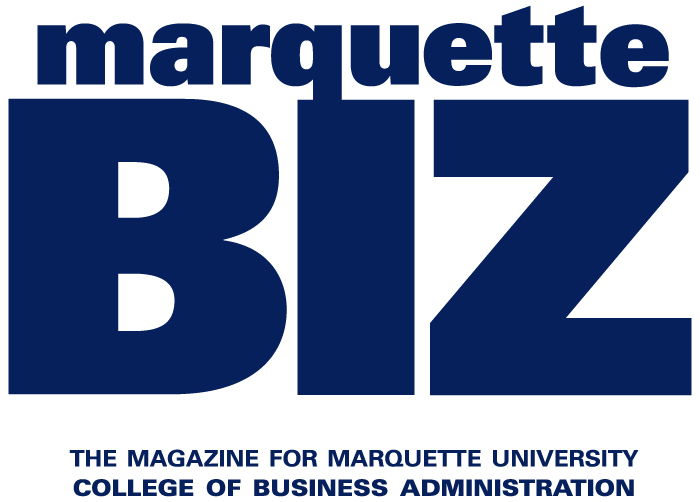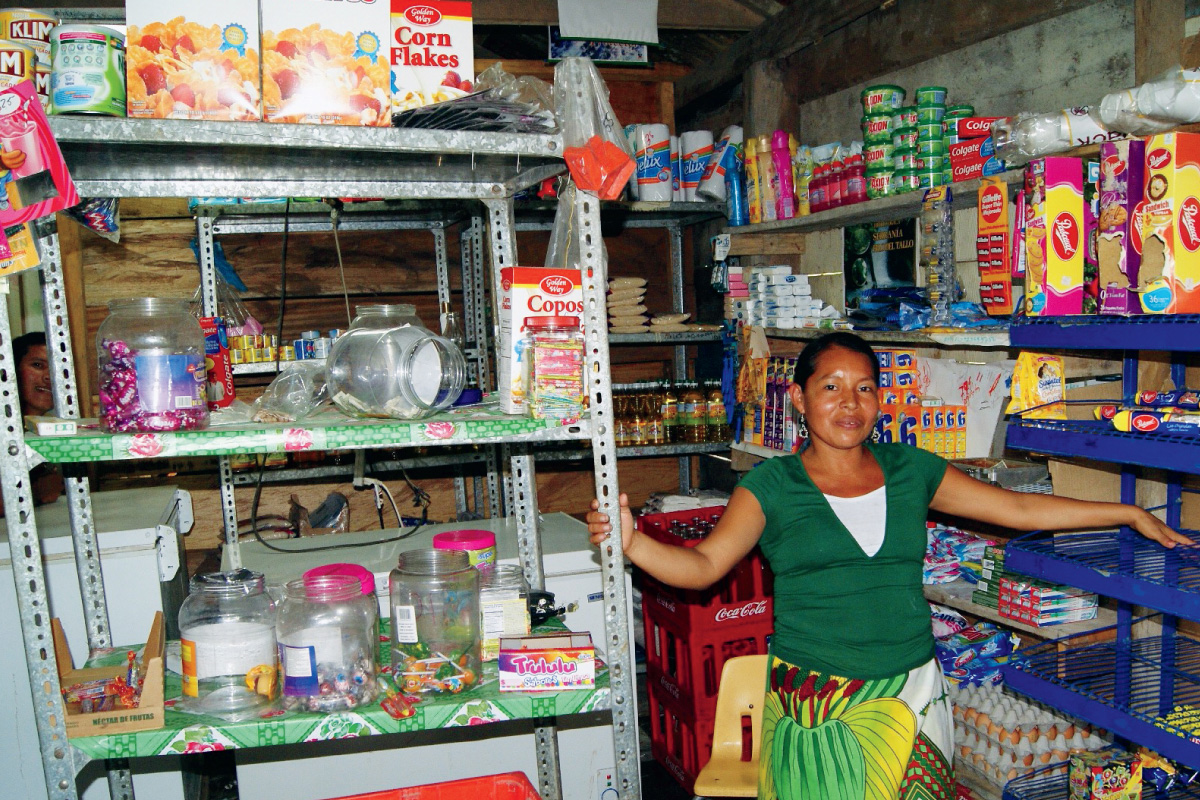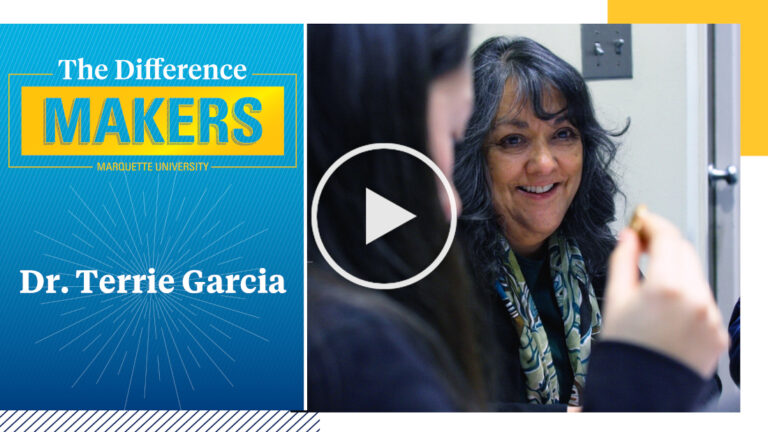A novel partnership with a microfinance organization offers student finance talent to resource-limited communities in Central America.
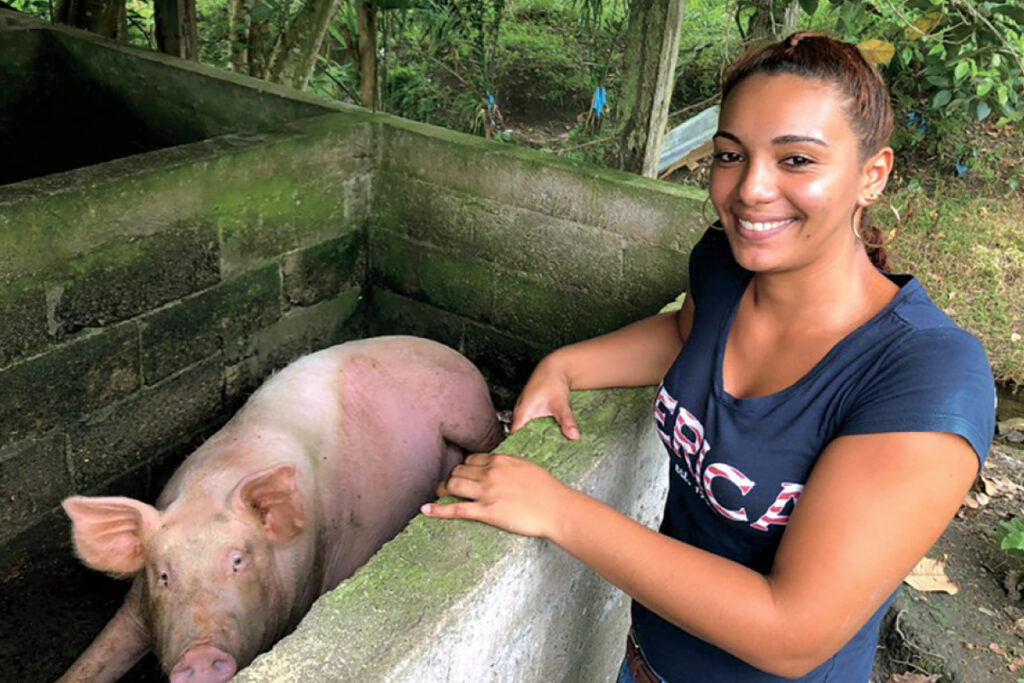
By Claire Curry
Ipeti Colono is an impoverished rural farming community outside Panama City with a population of 300. Most who live here are farmers who grow corn and rice. Residents typically live in cement block homes with dirt floors, and less than half of those are equipped with indoor bathrooms.
For the past five years, the local community bank, Caja Rural de Ipeti Colono, has been providing loans, anywhere from $50 to $800, to help residents with their small businesses, agricultural production and home improvement projects. However, its leaders — whose highest level of education is sixth grade — have faced many challenges, including tracking transactions by hand, ensuring accounting accuracy and helping residents better understand the benefits of becoming bank members.
Now, courtesy of a new partnership between Marquette’s Commercial Banking program and Eskala, a microfinance organization that works with small banking cooperatives throughout Central America, banking students are virtually consulting with the leaders of Caja Rural de Ipeti Colono to address these obstacles. At the same time, students are learning about microfinance on an international scale.
“The project is very real world and focuses on experiential learning,” Dr. Kent Belasco, director of Marquette’s Commercial Banking program, says. “When you look at the landscape of Panama City, it looks like Emerald City in the Wizard of Oz. But right in front of it is massive poverty. The people we’re working with are trying to dig their way out.”
The students’ support will ultimately help to improve opportunities for local businesses and raise capital, allowing residents to become more self-sufficient by creating businesses and jobs.
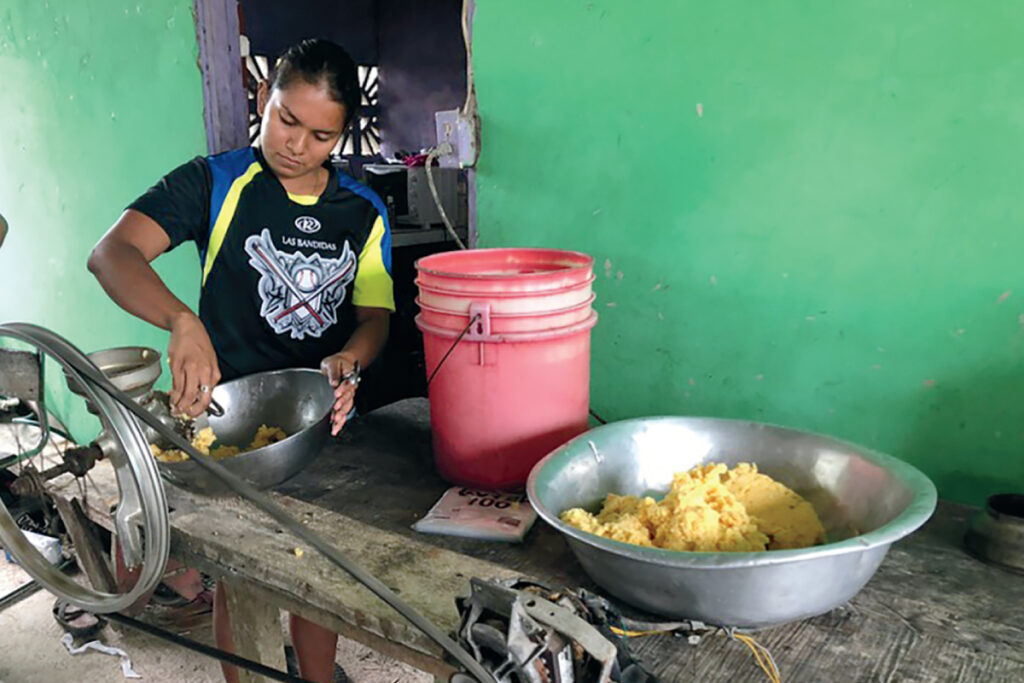
Lily Pollack, Bus Ad ’22, says that learning about the finance and accounting procedures in a developing region has been eye-opening. “The community bank executives record loan information with a pen and paper by hand, and we are looking forward to digitizing their books and organizing marketing strategies to attract additional members,” she says. “It’s fulfilling to make contributions like these to Caja Rural de Ipeti Colono. I think they are teaching us as much as we are teaching them.”
Eskala invests in and provides loans to 93 banks in resource-limited communities like Ipeti Colono. Named the best economic development initiative in rural Panama by the World Bank, the for-profit organization is linked to Marquette as a spinoff of the nonprofit Global Brigades. Co-founded in 2003 by alumna Dr. Shital (Chauhan) Vora, H Sci ’04, PT ’06, Global Brigades sends volunteer teams to under-resourced communities around the world to provide assistance with health care, business, water access and human rights concerns.
“Supporting Caja Rural de Ipeti Colono and developing local capacity will enable a sustainable operation that will have a positive economic impact in the community,” says Pablo Garron, Eskala co-founder and vice president of Panama operations. “The Cajas Rurales are managed by local community members. They learn basic accounting and registration processes and develop leadership skills. The students’ participation is key to helping us reach and provide continued support to these groups.”
Belasco foresees the program evolving to include future projects where students will work directly with small businesses through internships and trips abroad so students can see the impact of their efforts.
Launched in 2017, the Commercial Banking program has 45 graduates to date and a 100 percent success rate for placing graduates in positions at financial institutions including Capital One, Bank of America, Wells Fargo and PNC.
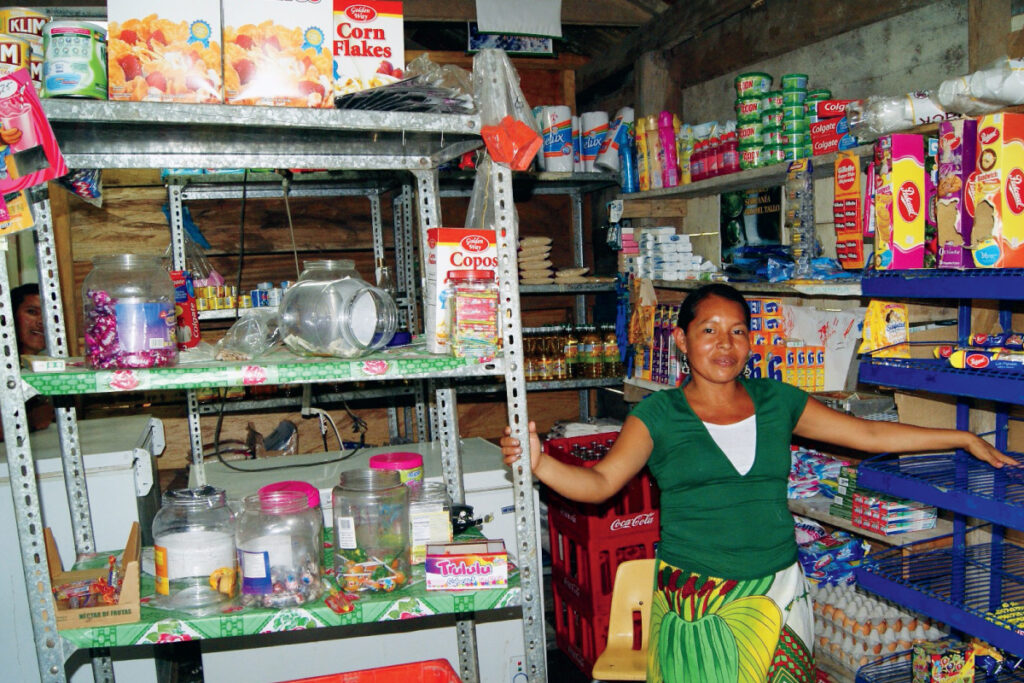
While the relationship with Eskala is new, Belasco’s commercial banking students have been supporting fledgling businesses in Milwaukee for some time through partnerships with the Wisconsin Women’s Business Initiative Corp. and Town Bank. In fact, using a $1 million revolving fund the organizations have built with Marquette, commercial banking students will eventually be managing a portfolio of loans for local small businesses and providing these businesses with support and consulting services.
“These days, students are much more socially conscious,” Belasco says. “This program is a great fit for that and for Marquette’s mission because it is not only hands on, but it’s giving back to the community and the economy through job creation, both locally and internationally.”
